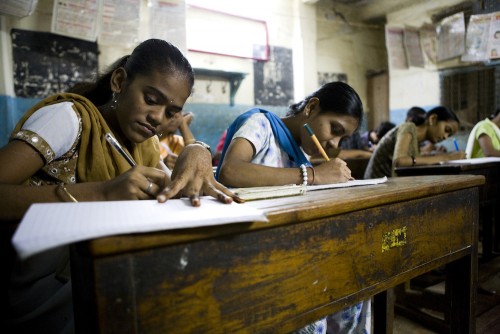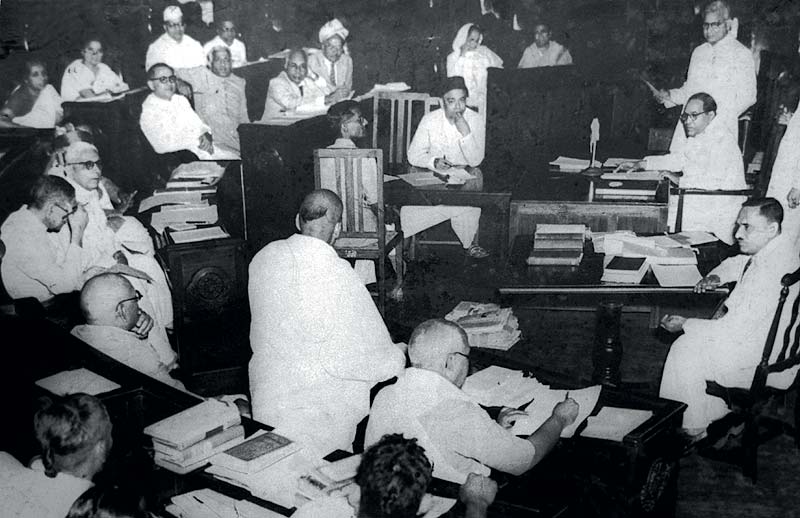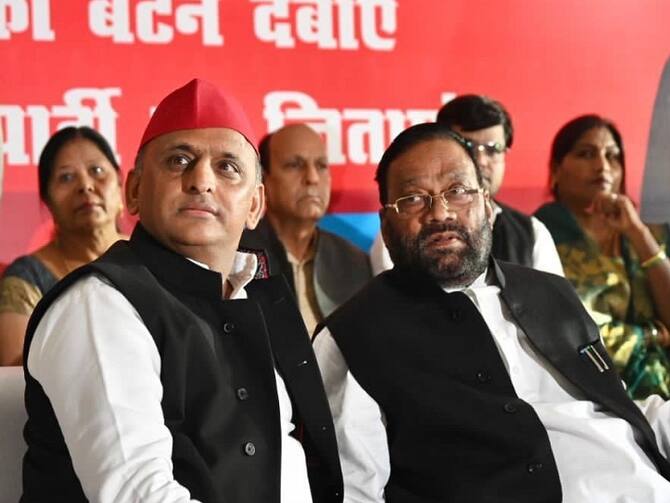 “Following in the footsteps of Mahatma Phule, the first in modern India to deconstruct the brahmanical myths …” – thus I ended my last editorial, little knowing that we would decide to run a Cover Story on Phule in the very next issue. Though FORWARD Press in its six and a half years has carried more than most journals on the Phules, till now we have failed to focus on his pioneering feminism in India.
“Following in the footsteps of Mahatma Phule, the first in modern India to deconstruct the brahmanical myths …” – thus I ended my last editorial, little knowing that we would decide to run a Cover Story on Phule in the very next issue. Though FORWARD Press in its six and a half years has carried more than most journals on the Phules, till now we have failed to focus on his pioneering feminism in India.
It is not as if we have been unaware of this aspect of Jotiba Phule’s thinking and reform movements. However, the majority of Dalitbahujan writers have tended to give most if not all the credit for feminist reforms to Savitribai Phule. So it comes as a breath of fresh air to find Lalitha Dhara, a feminist woman scholar from Maharashtra who, based on a thorough reading of their literature and the increasing scholarly literature on them, gives Jotiba the credit due to him without taking away anything from Savitribai’s great contributions.
Her Cover Story builds a solid case for her conclusion: “In the work of the Phules, there was harmony between ideas and action, theory and practice. In their life, there was much love and mutual respect. Jotiba’s feminism stands head and shoulders over that of others who followed for the consistency between his feminist thoughts, words – both critical and creative – and deeds. It is therefore just and right to hail him as the father of India’s gender revolution.”
I would go further, even at the risk of offending some Dalitbahujans, in asserting that, in the aspect of practising what he preached on feminism, Jotiba Phule dwarfs all other Indian reformers including Gandhi and Ambedkar. Tell me of one other leader who educated his illiterate wife to become a learned life partner in the work of social reform. With Jotiba, his radical feminism, like charity, began at home!
You may have been expecting FP to focus on the Bihar elections, the latest Mahabharata between the Modi-led NDA and the Nitish-Lalu Grand Alliance. However much the BJP may have tried to talk about development, in Bihar the reality of caste arithmetic is unavoidable. Abhay Kumar, our regular contributor, has been touring Bihar during the run-up to the polls. His I-Witness report on the caste-ridden Laxmanpur Bathe is a case in point.
Midway through these elections the contest has become a see-saw between the two groups from phase to phase. It is likely that the women of Bihar, who have come out to vote in greater numbers than their menfolk, may finally hold the balance of power. In fact, they have made voting their first priority with the slogan “pehle matdan, phir jalpaan [vote first, breakfast later]”. They know that it is Nitish Kumar who has given the women of Bihar 50 percent reservations in panchayat elections and bicycles to schoolgirls. But they most probably do not know the empowerment of women, especially of the Backward castes, is traceable to the Phules’ gender revolution.
Ambedkar and others merely continued and deepened the Phules’ pioneering work. It should not be forgotten that Ambedkar resigned as India’s first law minister on the issue of the lack of support for any aspect of his Hindu Code bill by which he sought to legally liberate the majority of Indian women.
The December FP is always focused on Ambedkar. This year will be no different. If you are not a subscriber, book your copy at your news stand or bookstall. In addition, FP plans to bring its exclusive Bihar post-poll analysis by a son of Bihar, Sanjay Kumar, director of the Centre for the Study of Developing Societies (CSDS).
Published in the November 2015 issue of the FORWARD Press magazine





